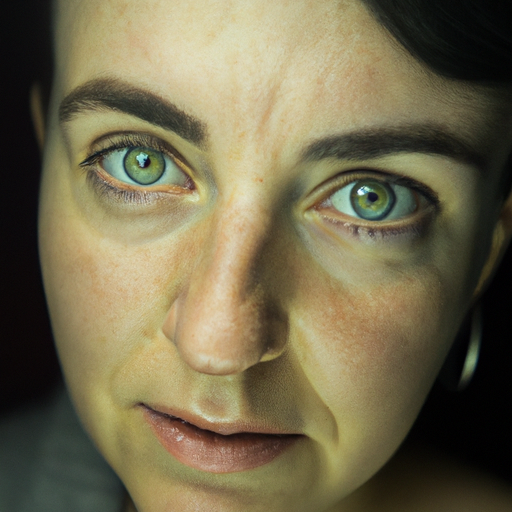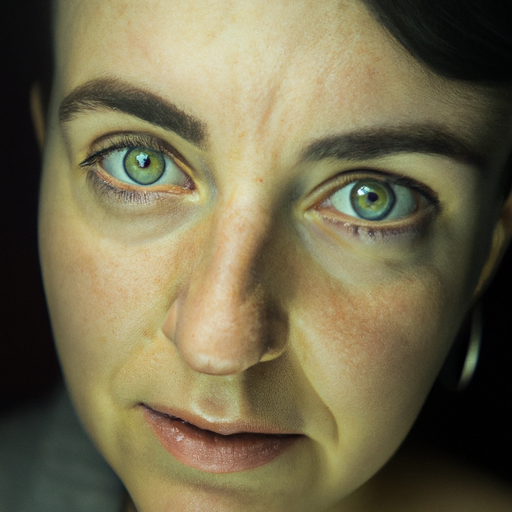As a skincare expert, I often encounter the confusion between hydrating and moisturizing. These terms are frequently used interchangeably, but they have distinct meanings and functions in the realm of skincare. Understanding the difference between hydrating and moisturizing is crucial for maintaining healthy, glowing skin. So, let’s unveil the mystery and delve into the world of hydration and moisturization.
Firstly, it’s essential to know that our skin is composed of three layers: the epidermis (outer layer), dermis (middle layer), and hypodermis (innermost layer). The epidermis acts as a barrier, protecting the skin from environmental factors. The dermis contains collagen and elastin, which provide skin elasticity and strength. The hypodermis is primarily composed of fat cells that insulate the body and protect it from cold and injury.
Hydration refers to the water content within the cells that keeps them plump and elastic. It’s about infusing your cells with water and improving your skin’s ability to absorb moisture and vital nutrients. Hydrated skin appears healthier, more vibrant, and has an improved elasticity. When your skin lacks hydration, it can appear dull, tight, and lose its elasticity.
Hydrating products are designed to increase the water content of the skin. They work by attracting moisture to the skin, using ingredients known as humectants. These include hyaluronic acid, glycerin, and aloe vera, which draw moisture from the air and hold it in the skin. Hydrating products are typically lightweight and absorbed quickly by the skin.
On the other hand, moisturizing aims to create a barrier on the skin’s surface that locks in hydration and prevents its evaporation. In other words, while hydrating products infuse your skin cells with water, moisturizing products ensure that this water doesn’t escape.
Moisturizers achieve this by using occlusive and emollient ingredients. Occlusives, such as beeswax and silicones, form a physical barrier on the skin surface, trapping moisture underneath. Emollients, like oils and lipids, fill in the gaps between skin cells, smoothing and softening the skin surface.
So, which one does your skin need? Hydration or moisturization? The answer is both. Regardless of your skin type, both hydration and moisturization are crucial for maintaining healthy skin. Even oily skin needs hydration because oil does not equate to water. Without adequate hydration, your skin may overcompensate by producing more oil, leading to increased breakouts.
The key is to find a balance that works for your specific skin type. For example, if you have dry skin, you may need more moisturizing products to lock in hydration. If you have dehydrated skin, you should focus on hydrating products to boost your skin’s water content.
In conclusion, understanding the difference between hydrating and moisturizing is essential for effective skincare. Hydrating products replenish the water content in your skin cells, making your skin appear plump and vibrant. Moisturizing products lock in this hydration, preventing it from evaporating and leaving your skin dry. By incorporating both into your skincare routine, you can maintain healthy, glowing skin. Remember, every skin type is unique, so it may take some trial and error to find the perfect balance for you.




